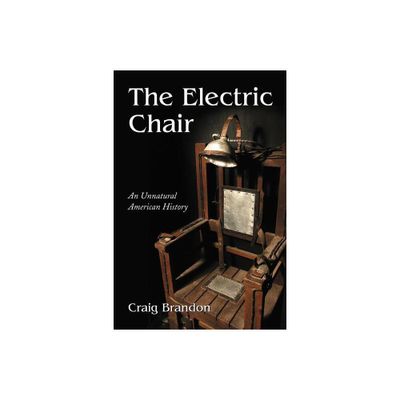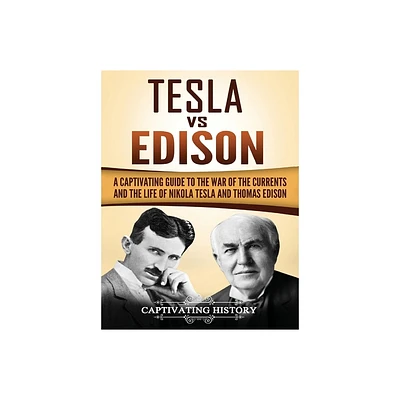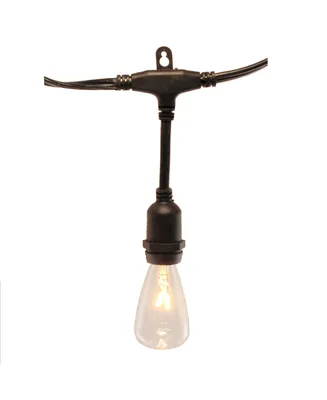Home
Blood and Volts: Edison, Tesla, the Electric Chair
Loading Inventory...
Barnes and Noble
Blood and Volts: Edison, Tesla, the Electric Chair
Current price: $16.95


Barnes and Noble
Blood and Volts: Edison, Tesla, the Electric Chair
Current price: $16.95
Loading Inventory...
Size: Paperback
*Product Information may vary - to confirm product availability, pricing, and additional information please contact Barnes and Noble
An ax murderer, two of the most brilliant scientific minds of the century, billions of dollars in profit, precedent-setting legal battles, secrets of life and death - all of these come together in the story of the first electric chair.
In
Blood and Volts
, Th. Metzger creates a unique synthesis of scholarship, storytelling, and cultural critique. Though it draws from a number of disparate fields-true crime, history of technology, conspiracy theory, criminal law-
presents a clear and compelling story: America struggling to define itself through scientific innovation.
At the dawn of the twentieth century, General Electric (using Edison's direct current) and Westinghouse (employing Tesla's groundbreaking alternating current) were locked in combat to determine which would dominate the electro-technical fate of the nation. Electricity was thought to be a highly ambiguous force: both godlike creative power and demonic destroyer of life. Metzger argues the electric chair was both harbinger and early pinnacle of modernity, the high altar of the rising cult of progress. In the popular imagination, Tesla and Edison were seen as nearly superhuman beings, and their struggle was not only for wealth and power, but to reshape the face of America.
This is a second, revised edition.
In
Blood and Volts
, Th. Metzger creates a unique synthesis of scholarship, storytelling, and cultural critique. Though it draws from a number of disparate fields-true crime, history of technology, conspiracy theory, criminal law-
presents a clear and compelling story: America struggling to define itself through scientific innovation.
At the dawn of the twentieth century, General Electric (using Edison's direct current) and Westinghouse (employing Tesla's groundbreaking alternating current) were locked in combat to determine which would dominate the electro-technical fate of the nation. Electricity was thought to be a highly ambiguous force: both godlike creative power and demonic destroyer of life. Metzger argues the electric chair was both harbinger and early pinnacle of modernity, the high altar of the rising cult of progress. In the popular imagination, Tesla and Edison were seen as nearly superhuman beings, and their struggle was not only for wealth and power, but to reshape the face of America.
This is a second, revised edition.


















